Can ‘new pragmatism’ survive Islamist hard line?
In seeking legitimacy, the Taliban vows fair and open rule, but the longer-term view is clouded.
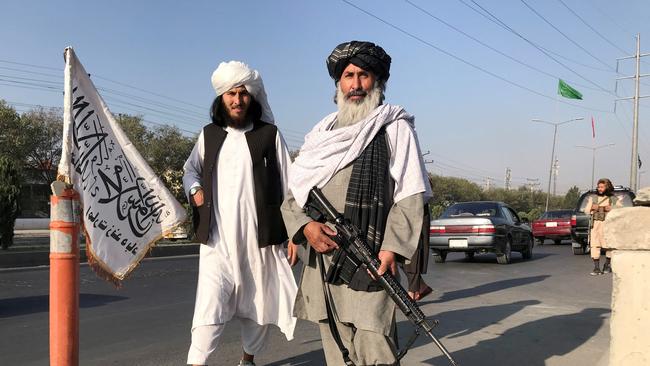
For the Taliban, military victory was the easy part. Now it will have to govern, with all the difficulties that comes with incumbency. A lot has also changed since the Taliban last came to power in Afghanistan a quarter-century ago. The country over which it will now rule is better developed, thanks largely to the military and humanitarian largesse provided over the past 20 years of international support. Despite the ultimate collapse of the West’s Afghanistan nation-building project, there were significant improvements made in many social indicators. Infant mortality rates are significantly down, life expectancy is up. Improvements in literacy and in access to education, particularly for women, has been marked. Modern communications and the internet have arrived and spread, albeit to differing degrees in different parts of the country. In the urban areas and Kabul in particular, expectations have been raised and an inability to meet them will place pressure on the Taliban government.
The Taliban too is different. More worldly, as evidenced by its bilateral negotiations with Washington in Doha, the photo of the Taliban’s Mullah Abdulghani Baradar and Chinese Foreign Minister Wang Yi when they met in Tianjin in late July, and by the video this week of Mullah Baradar alighting from a Qatari Air Force C-17 at Kandahar airport to be greeted by victorious Taliban forces.
And more pragmatic. It has clearly learnt the importance of messaging external audiences, with the Taliban allowing one of its media team to be interviewed by a female journalist on Tolo TV and taking probing questions from male and female journalists in a press conference following its takeover of the presidential palace.
It also negotiated the surrender of major cities rather than investing and then attacking them, thereby leaving most of the infrastructure intact and civilian casualties at a minimum.
But for all the worldliness and pragmatism of the Taliban leadership, the real question is just how different it really is.
It is a deeply conservative Islamist organisation, which gives it its unity of purpose and allowed it to initially survive then regroup and practise sabr, or patience, just as the Prophet Muhammad and his supporters had before their ultimate victory. It is, however, this same binding religious identity that will likely be the millstone around the Taliban’s neck for however long it stays in power.
We don’t yet know what form its government will take or the laws that will govern it, yet there are already indications. During previous negotiations it has spoken about its desire for a new constitution and an “inclusive Islamic system”, even though such a concept is itself oxymoronic. Having declared itself an Islamic emirate, the form of the government it chooses and the courts it establishes will tell everything the outside world needs to know about the real way that Afghan society will be structured and regulated.
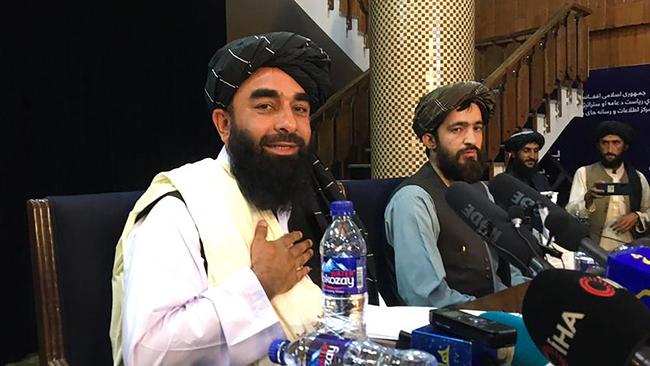
Pragmatism demands that for a period of time it will be generous in using the skills of as many people associated with the former government as it can. A Taliban government needs technocrats to make the country run. Utilities need to operate, the masses of military equipment its fighters have captured and inherited need to be serviced and repaired. Medical services need to be provided, Customs duties collected; all the normal responsibilities of a functioning government. Yet this is no ordinary government, and therein lies the rub. This is a government that is avowedly Islamic and that has just spent a generation fighting to establish its interpretation of God’s will on Earth. In order for laws not to contravene the ultimate sovereignty of God they will need to be approved, if not legislated, by an Islamic council of some form likely with an amir al mu’mineen, or commander of the faithful, at its head. And judges will need to be appointed to oversee these laws, particularly laws of personal status for which Islamic textual sources provide their most explicit guidance. Many of those who will implement sharia, however, particularly those out in the rural areas, are likely to be poorly qualified. There will be inconsistencies and overreach.
At the moment the Taliban has made all the right noises to its foreign audiences. It promises to stop the drug trade, give amnesty to those who worked for foreign forces, protect minorities such as the Hazara, won’t allow Afghanistan to be used as a launch pad for terrorist groups to target other countries, and will allow women to be educated and work (within the bounds of what Islam allows). How many of these promises it is able, or even willing, to follow through on remains to be seen.
It also knows that regional countries view the Taliban in a different light to the West. Regional countries want a stable Afghanistan in which the government can guarantee their individual national interests and who will therefore limit their public criticism and not interfere as long as the Taliban can deliver on those guarantees. Hence its efforts to establish good relations with its powerful Chinese and Iranian neighbours and Qatar, its wealthy Gulf ally.
The more difficult relationship is with the West. The West too will seek a stable Afghanistan that denies freedom of action to Islamist terrorist groups. The West too welcomes any action against the drug trade and governance that doesn’t force tens of thousands of people to seek refuge in the West. But the West also has regard to respect for civil liberties and individual rights that represent key elements of its collective interest in Afghanistan after all the blood and treasure spent on winning the gains that have been made.
An Islamic government, no matter how “inclusive” it purports to be, can never achieve a separation of state from religion or allow the individual freedoms such as gender equality or equality before the court that are cornerstones of liberal democracies. The West will likely seek to minimise the degree to which those individual freedoms are curtailed.
For all the humiliation suffered by the rapid collapse of its two-decade nation-building project in Afghanistan, the West still has some not insignificant leverage over the Taliban. The main one is economic. The Taliban is still subject to a raft of international sanctions and, in the short term, the US Treasury has frozen the billions of dollars of Afghan government reserves held in the US. Last year aid accounted for around 43 per cent of Afghanistan’s GDP, with Western countries (mainly the US) being the top donors. That aid money, as well as institutional funds from the IMF and the World Bank, will likely become contingent on the Taliban’s attitude towards civil society in general and women in particular. Of course the Taliban could seek funding from other sources; however, this would also have strings attached and wouldn’t replace all that was lost.
Withholding formal recognition of the Taliban as the government of Afghanistan also denies the Taliban international legitimacy, and would provide another point of leverage to hold the Taliban to account for the maintenance of social improvements and make it easier for Washington to conduct military strikes against terrorist threats emerging in Afghanistan in the future.
Boris Johnson’s call earlier in the week that there should be no bilateral recognition of the Taliban indicated he believed that like-minded countries should act in unison in order to extract a price from the new rulers of Afghanistan in exchange for this recognition. The Taliban will also understand it already faces a range of potential internal threats from a range of disaffected groups whose ability to destabilise Taliban rule would be significantly enhanced if the West felt inclined to support them.
The Taliban should not be judged by its actions in the days and weeks following its takeover of Afghanistan but in the weeks, months and years that follow, as the world’s attention and interest shift elsewhere and the people of Afghanistan are left to fend for themselves. How much stability the Taliban will be able to bring to Afghanistan and to ensure its territory is not used by terrorist groups that threaten its neighbours or the West will be of prime concern to the international community. Unfortunately, the cost imposed on the Afghan people is likely to become of secondary importance as the years roll on.
Rodger Shanahan is a non-resident fellow at the Lowy Institute and served in Afghanistan.

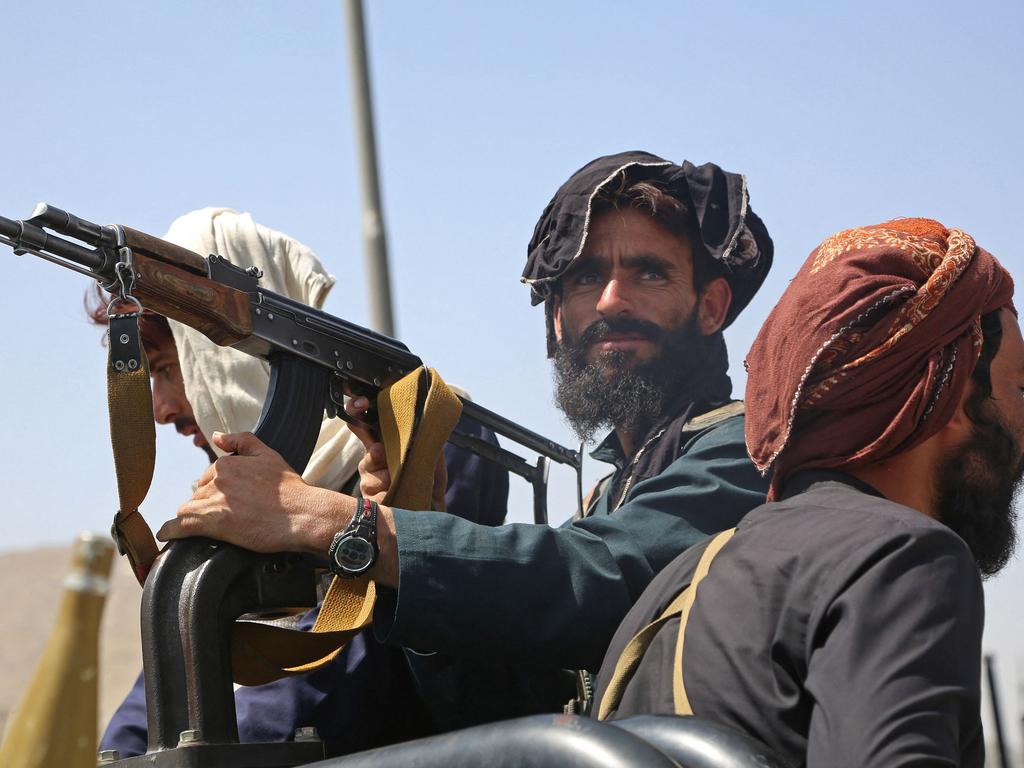
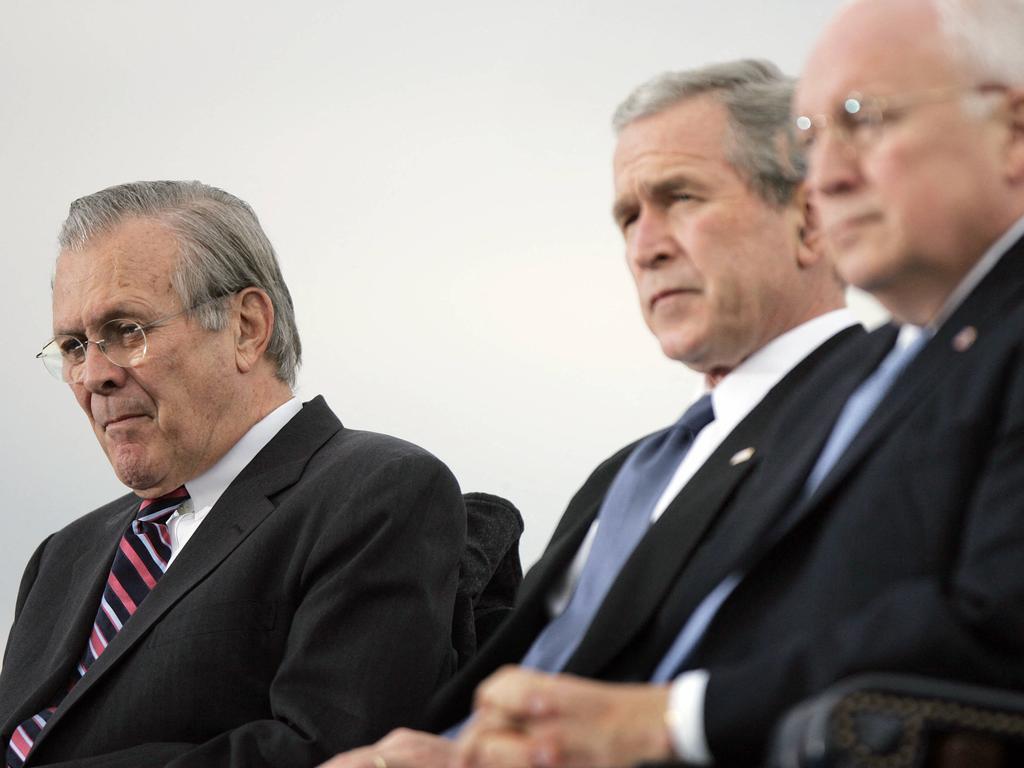
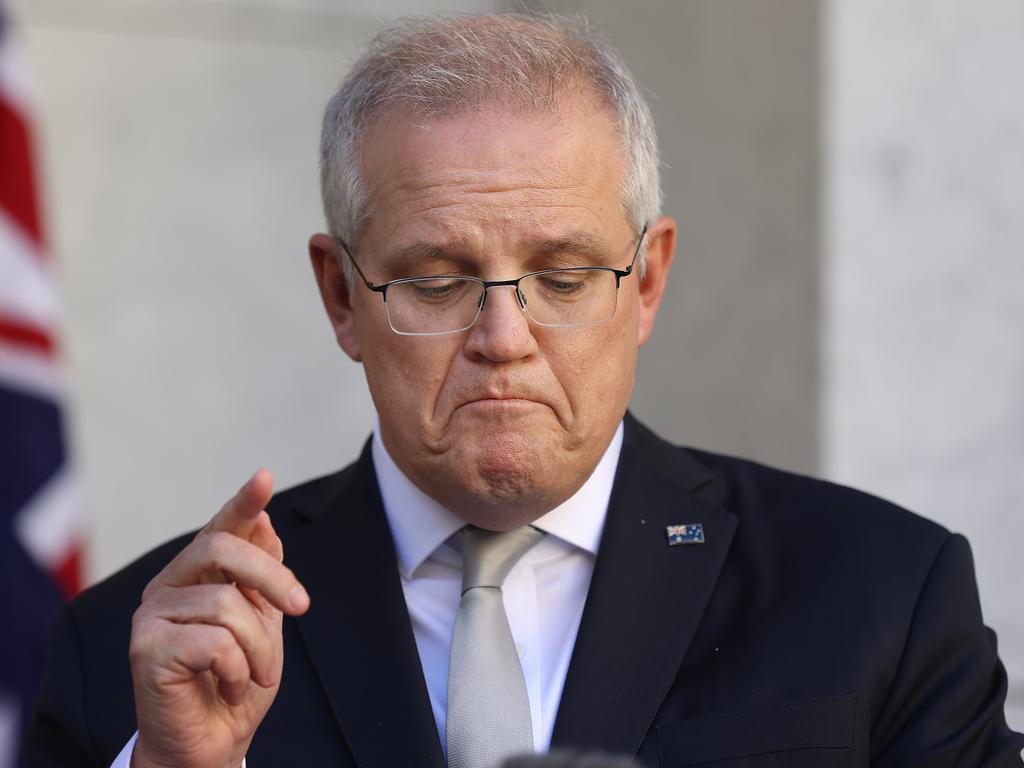


To join the conversation, please log in. Don't have an account? Register
Join the conversation, you are commenting as Logout